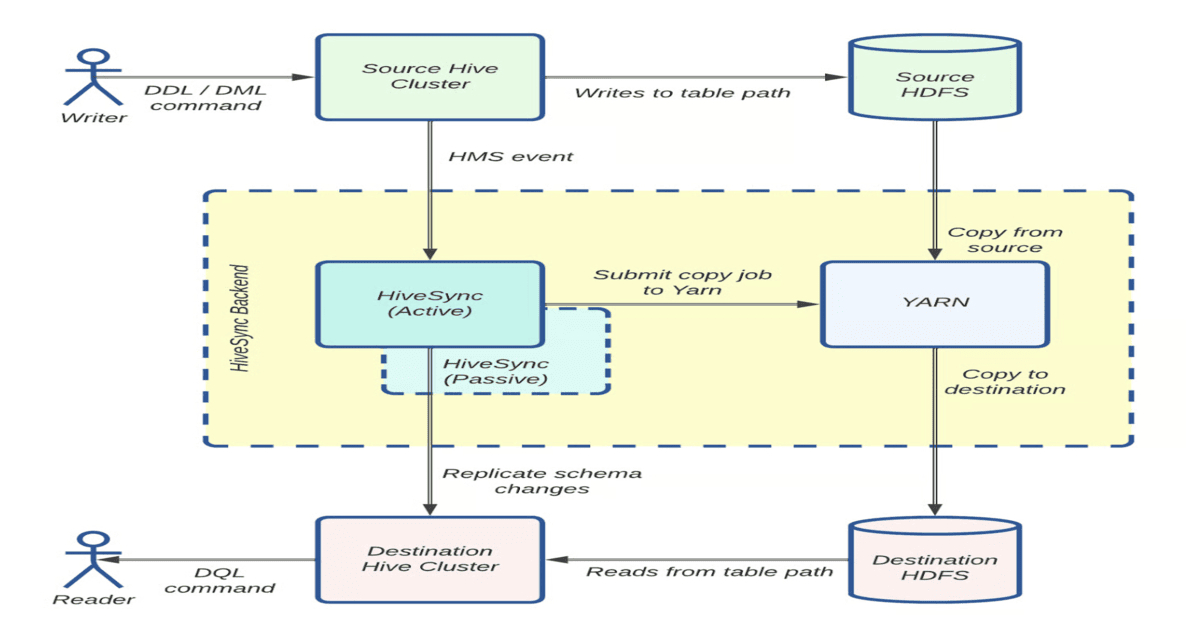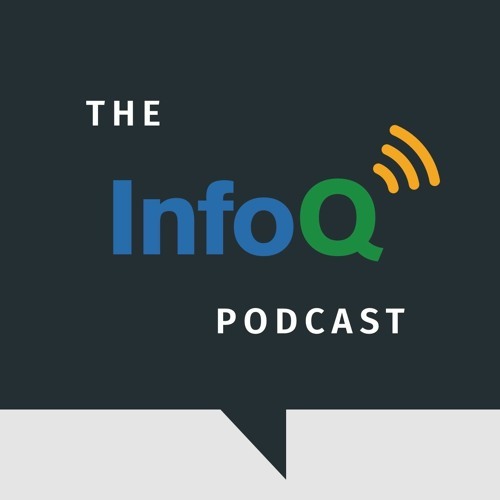Codetown
Codetown ::: a software developer's community
Whats the best iPhone development environment?
Tags:
Replies to This Discussion
-
Permalink Reply by Robert Hedin on October 12, 2009 at 3:23pm
-
If you're wanting to write for the App Store, XCode is pretty much it. All of the iPhone libraries are either Objective-C (user interface) with some C level under pinnings.
As far as books go, to be honest I don't believe anything really talks about the current 3.1 OS, so I'm a bit hesitant to recommend anything today. The Apple docs on the dev site aren't too bad.
rob. -
-
Permalink Reply by Kevin Neelands on October 12, 2009 at 8:14pm
-
Mara said:
Let's just say I've been better.how are you -
-
Permalink Reply by Mara on October 13, 2009 at 5:27pm
-
I have this error: ".objc_class_name_MCPConnection", referenced from:
-
-
Permalink Reply by Walt Sellers on October 13, 2009 at 10:32pm
-
If you look at some of the developer agreements, at least one of them specified that the software must be developed on a Mac.
The Mac Mini is the cheapest to buy new, but any Intel-based Mac will do. I recommend against any of the single-core Macs myself.
I've read Zdziarski's "iPhone Forensics" book and it was really good. (Perhaps outdated now.) And its an O'Reilly book. So his other books might also be good.
I've looked through a "cookbook" in the bookstore. It seemed really straight-forward, except that it kept mentioning things that were not in the public API's (Apple's agreements require using only public API's in apps for the App Store.)
Aaron Hillegass and the Big Nerd Ranch have been doing Cocoa training and books for many years. His Cocoa and Mac OS X books are very good. (Objective-C is rolled up in there too.)
Once you have your developer account with Apple, you can access some videos on iPhone programming.
There are some alternative iPhone App generators out there, but they are usually specific to games and such. Apparently Adobe has a Flash-to-iPhone app generator as well. (Turns a flash show into a stand-alone app.)
It is possible to do Objective-C coding with any computer that can run the gcc compiler. I've seen a friend using it to write Objective-C on a Linux box (intending to transfer to a Mac sometime later.) However, that does not include the Cocoa frameworks that ship with the Apple OS's.
XCode does have some very good features for programming on iPhone or Mac. In particular, the code-completion feature makes entering the very-long method names very easy. (Not only do you know there is no typo in the name, but the argument list is completed as well.) -
-
Permalink Reply by Kevin Neelands on October 14, 2009 at 9:06am
-
Thanks! I'll start looking at getting a mac and diving into this.
-
-
Permalink Reply by Kevin Collins on January 19, 2010 at 9:53pm
-
Hi Kevin,
I noticed that, like me, you are getting into iPhone development.
I joined the iPhone Development group and pretty new to iPhone development. I am looking to network with other developers, share my experiences and learn from others. I have been an applications developer for a large corporations in Jax, FL for more than 25 years. I got involved with iPhone development as a fall back due to many layoffs at my company. Fortunately I am still employed and enjoying working with Apple's XCODE SDK.
I just released my first iPhone App, Party Twacker, on December 11, 2009. If you ever get stumped on and iPhone dev issues, feel free to send me a message.
Take Care,
Kevin Collins -
-
Permalink Reply by Kevin Neelands on January 19, 2010 at 10:03pm
-
I checked out the party Twacker - cool! Sadly, I am not into the bar or even the drinking scene anymore, but if I was I'm sure I'd use it. You can see some of my stuff here:
http://user.gru.net/nemesis/iphoneAppPages/ -
-
Permalink Reply by Kevin Collins on January 19, 2010 at 10:17pm
-
You have been busy! Six apps already in iTunes. That's impressive. I am not trying to get personal but how has your marketing been going? I am in the process of publishing a Lite Version of my app to try get more interested buyers. With the App Store not having a return policy, people are more reluctant to purchase apps. I am checking out your apps now and they look really cool. Best of Luck with your Apps.
Kevin
Kevin Neelands said:I checked out the party Twacker - cool! Sadly, I am not into the bar or even the drinking scene anymore, but if I was I'm sure I'd use it. You can see some of my stuff here:
http://user.gru.net/nemesis/iphoneAppPages/ -
-
Permalink Reply by Kevin Neelands on January 20, 2010 at 8:37am
-
How's marketing going? I'm earning enough to treat myself to delivery pizza once a week. I *think* good reviews help the marketing process, so if you enjoy and of my apps please write one! The picture-kaleidoscope is a rather good fit with party twacker - take a photo of a cute girl, create a a kaleidoscope image of her, and she'll be tickled pink!
-
Notes
Welcome to Codetown!
 Codetown is a social network. It's got blogs, forums, groups, personal pages and more! You might think of Codetown as a funky camper van with lots of compartments for your stuff and a great multimedia system, too! Best of all, Codetown has room for all of your friends.
Codetown is a social network. It's got blogs, forums, groups, personal pages and more! You might think of Codetown as a funky camper van with lots of compartments for your stuff and a great multimedia system, too! Best of all, Codetown has room for all of your friends.
Created by Michael Levin Dec 18, 2008 at 6:56pm. Last updated by Michael Levin May 4, 2018.
Looking for Jobs or Staff?
Check out the Codetown Jobs group.
InfoQ Reading List
Hybrid Cloud Data at Uber: How Engineers Solved Extreme-Scale Replication Challenges

Uber’s HiveSync team optimized Hadoop Distcp to handle multi-petabyte replication across hybrid cloud and on-premise data lakes. Enhancements include task parallelization, Uber jobs for small transfers, and improved observability, enabling 5x replication capacity and seamless on-premise-to-cloud migration.
By Leela KumiliOpenAI Codex-Spark Achieves Ultra-Fast Coding Speeds on Cerebras Hardware

In a major shift in its hardware strategy, OpenAI launched GPT-5.3-Codex-Spark, its first production AI model deployed on Cerebras wafer-scale chips rather than traditional Nvidia GPUs. The new model offers delivers improved throughput and low-latency, enabling a real-time, interactive coding experience, says the company.
By Sergio De SimonePodcast: [Video Podcast] Frictionless DevEx with Nicole Forsgren

In this episode, Thomas Betts talks with Dr. Nicole Forsgren, the author of Accelerate and one of the most prominent and important minds in DevOps and developer productivity. The conversation is about identifying and removing developer friction, the subject of her new book, Frictionless.
By Nicole ForsgrenPresentation: Busting AI Myths and Embracing Realities in Privacy & Security

Katharine Jarmul keynotes on common myths around privacy and security in AI and explores what the realities are, covering design patterns that help build more secure, more private AI systems.
By Katharine JarmulJava News Roundup: Lazy Constants, TornadoVM 3.0, NetBeans 29, Quarkus, JReleaser, Open Liberty

This week's Java roundup for February 23rd, 2026, features news highlighting: new JEP 531 Candidate, Lazy Constants; GA releases of TornadoVM 3.0 and NetBeans 29; point releases of Quarkus, JReleaser, Chicory and RefactorFirst; maintenance releases of Micronaut and Jox; and the February 2026 edition of Open Liberty.
By Michael Redlich
© 2026 Created by Michael Levin.
Powered by
![]()